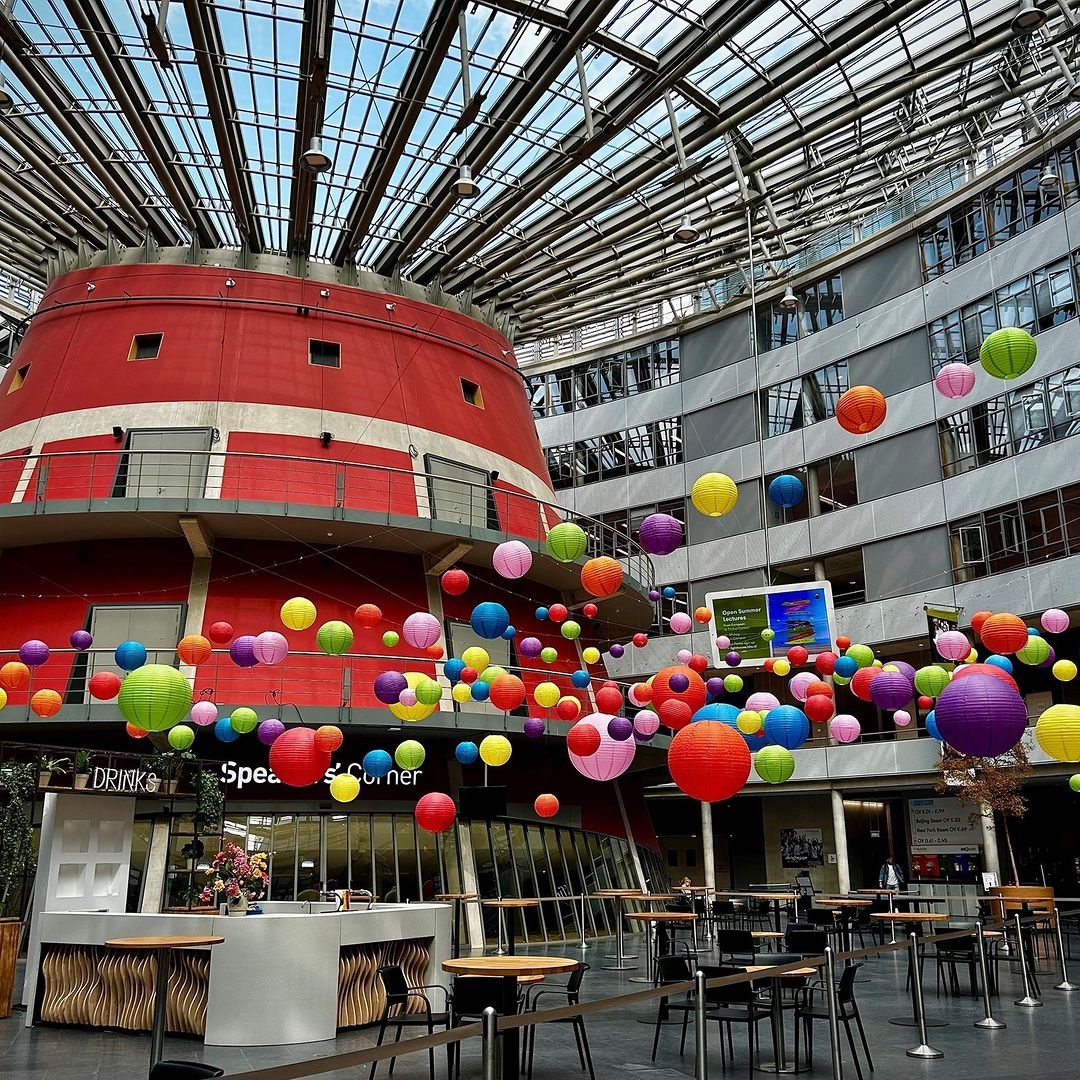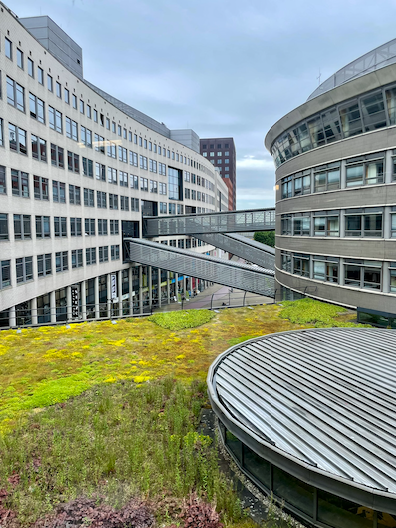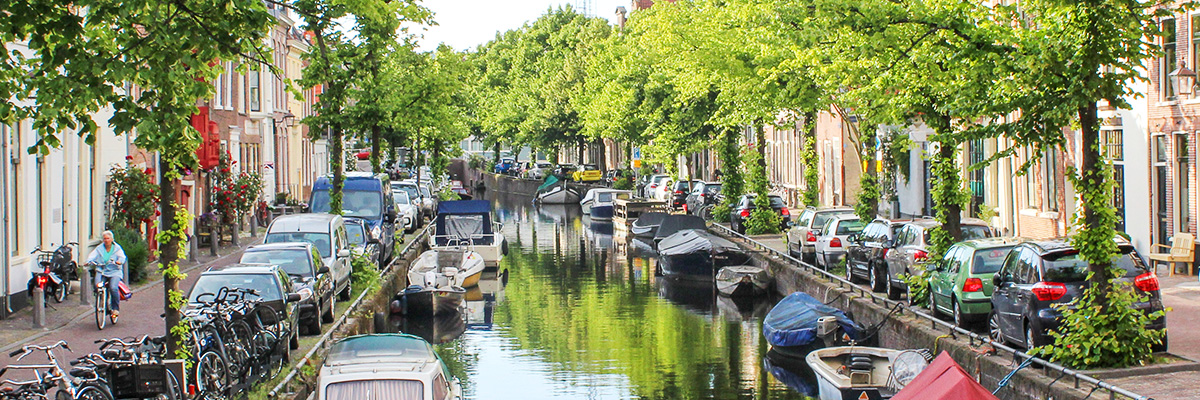Host university for The Hague, Netherlands



Founded in 1987, The Hague University of Applied Sciences (THUAS) is a vocationally oriented university of more than 25,000 students from at least 140 different countries. It is a modern educational institute, striving to prepare its students with 21st century skills and shape them into globally connected professionals. As a university of applied sciences, THUAS incorporates a practical, career-centered approach to teaching and learning, and many courses offer direct ties to the professional field through workshops, seminars, guest lectures, simulations, real-world projects, site visits, and more. THUAS is also a UNESCO-associated school, aiming to contribute to the UNESCO mission and incorporating its themes of global citizenship, intercultural learning, peace and human rights, and sustainable development.
The university’s campus is surrounded by water, is ideally located next to the city’s main railway station, and is within walking distance of the city center. All but one of its colleges are located in one remarkable building complex. The design of this complex provides each college with its own classroom space, computer access, and areas to work, study, and eat. There is also a state-of-the-art library on the first floor, a sports hall in the lower level, a large auditorium, and a cafeteria.
USAC’s partnership with THUAS provides students with the opportunity to take courses offered by the university’s European Studies programme. Courses are taught from an interdisciplinary perspective and are offered in English. The curriculum draws on several disciplines – art, business, communication, cultural studies, law, politics, public management, research methods, sociology, and more – in order to encourage critical thinking and contextualize Europe’s role in the wider global community. Students will apply knowledge and skills to real-world global challenges, while experiencing first-hand the benefits of studying in an international and intercultural environment.

